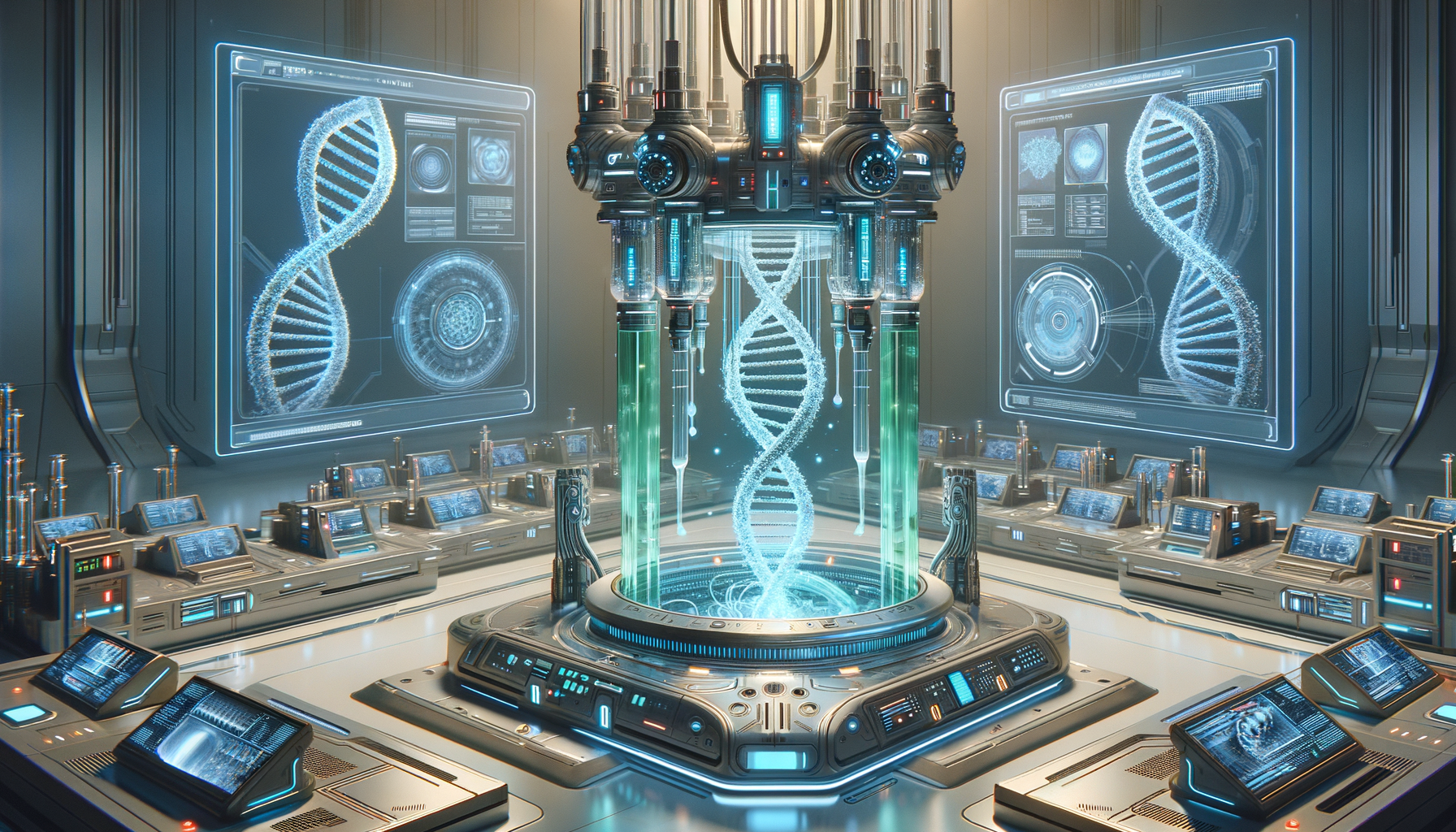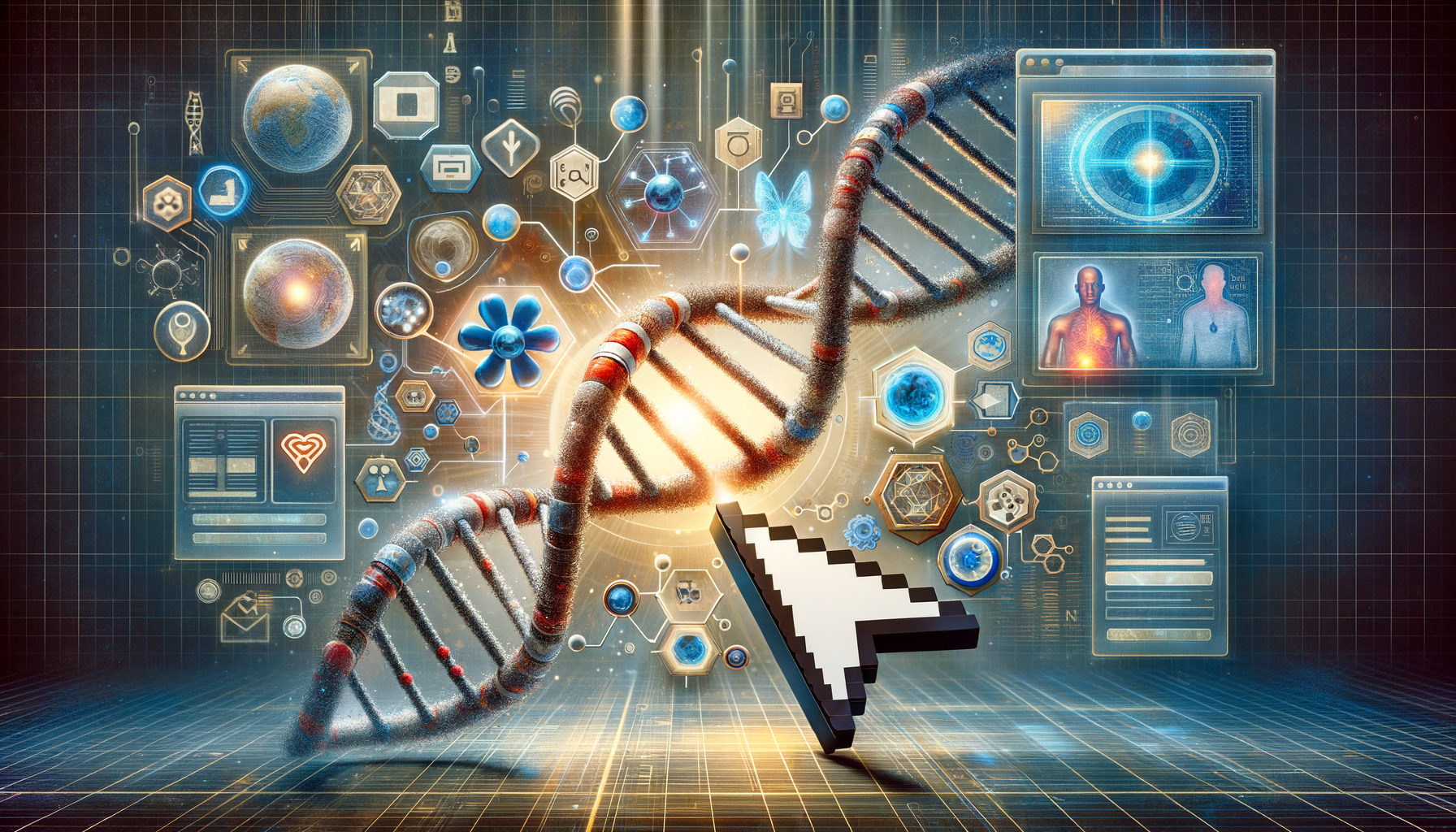
What DNA Tests Are Revealing in 2025
Introduction to DNA Testing
In recent years, DNA testing has emerged as a transformative tool in various fields, from healthcare to ancestry research. The science of genetics allows us to peer into the very blueprint of life, offering insights that were once thought impossible. As we step into 2025, DNA testing continues to evolve at a rapid pace, providing individuals with a deeper understanding of their genetic makeup. This article explores the multifaceted world of DNA testing, shedding light on its applications, benefits, and ethical considerations.
The Science Behind DNA Testing
DNA testing is rooted in the study of deoxyribonucleic acid, the molecule that carries genetic instructions for the development, functioning, growth, and reproduction of all known organisms. Advances in technology have made it possible to analyze DNA with remarkable precision, leading to breakthroughs in various domains. Techniques such as polymerase chain reaction (PCR) and next-generation sequencing (NGS) have revolutionized the way scientists decode genetic information. These methods enable the identification of genetic markers associated with diseases, traits, and ancestry.
Understanding the intricacies of DNA testing requires a grasp of genetic variation. Human DNA is 99.9% identical across individuals, but the remaining 0.1% accounts for differences that influence everything from physical appearance to disease susceptibility. By examining these variations, scientists can draw conclusions about an individual’s genetic predispositions and lineage.
Applications of DNA Testing
DNA testing has a wide array of applications that benefit both individuals and society. In the medical field, genetic testing is used to identify mutations that may lead to hereditary diseases. This information is crucial for early intervention and personalized treatment plans. For instance, individuals with a family history of certain cancers can undergo genetic testing to determine their risk and take preventive measures.
Beyond healthcare, DNA testing is a popular tool for tracing ancestry and understanding familial connections. Many people turn to DNA tests to uncover their ethnic origins and connect with distant relatives. This has led to a growing interest in genealogy, as individuals seek to piece together their family histories.
Ethical and Privacy Considerations
While DNA testing offers numerous benefits, it also raises ethical and privacy concerns. The collection and storage of genetic data pose risks if not managed properly. There is a potential for misuse of genetic information by third parties, which could lead to discrimination in areas such as insurance and employment.
To address these concerns, it is essential for regulatory frameworks to be established, ensuring that genetic data is protected and used ethically. Informed consent is a critical component, as individuals must be fully aware of how their genetic information will be used and shared.
The Future of DNA Testing
As we look to the future, the potential for DNA testing continues to expand. Emerging technologies promise even greater accuracy and accessibility, making genetic insights available to a broader audience. Research into gene editing and personalized medicine is expected to flourish, potentially leading to cures for genetic disorders and tailored healthcare solutions.
However, with these advancements come new challenges. The scientific community must navigate complex ethical landscapes and ensure that the benefits of DNA testing are shared equitably. Public education will play a vital role in helping individuals understand the implications of genetic testing and make informed decisions.
Conclusion: Embracing the Genetic Revolution
DNA testing stands at the forefront of a genetic revolution, offering unprecedented insights into our biological makeup. As we embrace these advancements, it is crucial to balance the benefits with ethical considerations, ensuring that genetic information is used responsibly and equitably. By fostering a culture of awareness and understanding, we can harness the power of DNA testing to improve health outcomes, connect with our heritage, and unlock the mysteries of our genetic code.
